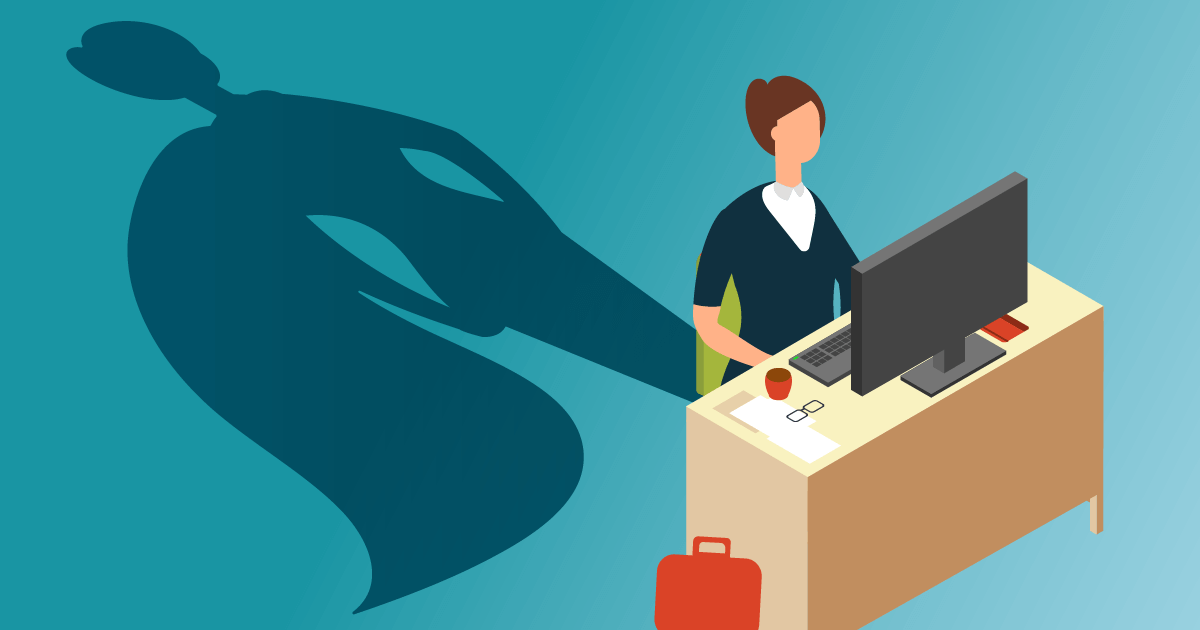In a world that celebrates extroversion, an introvert at work has found her own path to success. Explore strategies for thriving in a socially dynamic environment!
The term “introvert” has often been associated with shyness and social awkwardness, but the workplace is evolving to appreciate the unique strengths introverts bring to the table.
Work Smarter, Not Louder: Thriving As an Introvert At Work
Jackson Heights resident Skylar Liberty Rose, at 49, vividly recalls the challenges of trying to fit in with her extroverted coworkers when she was a receptionist in London two decades ago. It was exhausting, and she felt like she was losing herself in the process. She even struggled to network effectively in large groups.
Rose’s life took a turn when her boss introduced Myers-Briggs testing, revealing her as a particular type of introvert. This newfound understanding allowed her to embrace her introversion for the first time, providing her with a sense of validation and relief.
However, her boss was less enthusiastic, fearing that others would take advantage of her if she truly embraced her introversion.
Fortunately, perceptions of introverts are shifting. According to John Hackston, a chartered psychologist, introversion is about energy and focus, not social ineptitude. Introverts find their energy internally and excel in areas like creativity, listening, and problem-solving.
Karen Eber, a TED speaker and author, emphasizes that introverts should focus on leveraging their inherent strengths rather than trying to mimic extroverted behavior.
Eber suggests creating narratives about oneself to build trust and establish stronger connections in various professional settings, from presentations to job interviews. She even provides a framework for job interviews, emphasizing specificity in self-description and the importance of storytelling.
Introverts may also struggle in social situations, but there are strategies to navigate them successfully. Clinical psychologist Laurie Helgoe advises approaching such gatherings as work-related events, taking on tasks like serving cake or writing name tags to make social interactions more manageable. Setting boundaries and taking time to reflect is essential for introverts to recharge.
When in a room full of people, introverts should remember they are not alone. Tech industry and career coach Ben Tobin suggests finding others who are also alone or uncomfortable mingling. It’s often easier for introverts to engage in one-on-one conversations.
Finally, managers should consider the needs of introverted employees when planning work-related events. Recognize that nearly half of the participants might be introverts who require time to recharge. The workplace is evolving, and it’s time to accommodate the diverse needs of all employees.
Share your thoughts in the comments below!








Leave a Reply
You must be logged in to post a comment.